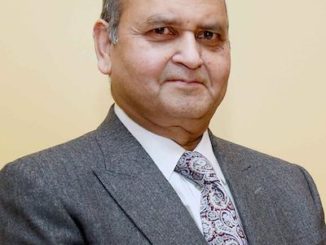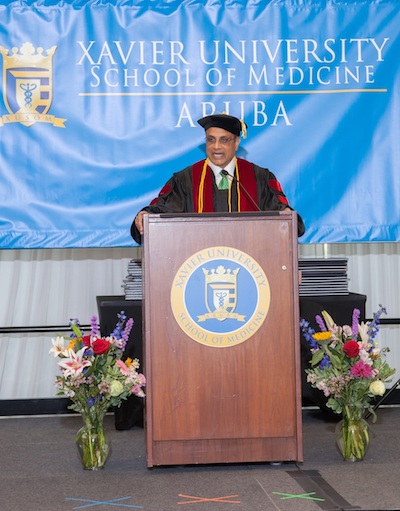
NEW YORK (TIP): Ishana Kumar, a 12-year-old Indian American student, has won a prestigious award in science for a project that could lead to better understanding of eye disease and cognitive processing. The 7th grader from Chappaqua, New York, takes home the $25,000 top prize in the Broadcom MASTERS (Math, Applied Science, Technology, and Engineering for Rising Stars), a program of the Society for Science & the Public, NPR reported.
She was among 30 finalists from middle schools across the country recognized by the Society for their groundbreaking innovations.
Kumar’s project explores whether it’s possible to change someone’s perceptions of imaginary colors. She was inspired by playing with Benham’s top, a spinning disk with black and white patterns that causes people to see different colors.
“I wanted to see if I could sort of change the way we perceive these colors through something called retinal fatigue,” Kumar stated.
Keeping her testing sample small — 10 friends and neighbors — due to covid-19 restrictions, she had her subjects first look at the spinning top, then look at bright colored lights, and finally look again at the top.
“Let’s say I’m looking at a bright red object,” Kumar said explaining the process. “I stare at it for a very, very long time. And then I look at a white sheet of paper. I’ll actually see the shape of the red object but it won’t be red. It will be green.”
“And the reason this happens is because certain cells in our eyes called cones, the red cones, they detect or sort of perceive the color red. They trigger and trigger and trigger when looking at this red object.” “But they get so tired that the green cones, which sort of detect green, temporarily take over,” Kumar said. “And I wanted to see, if I could temporarily saturate someone’s eyes, would this change our perception of imaginary colors.”
Kumar discovered that it is possible. She told NPR she’d like to apply her research to a larger sampling size and upgrade to a lab where the light can be controlled.
For this competition, she did all her testing in her garage at home. And she has a longer-range goal as well. She wants to keep doing research so she can one day help Alzheimer’s patients.





Be the first to comment